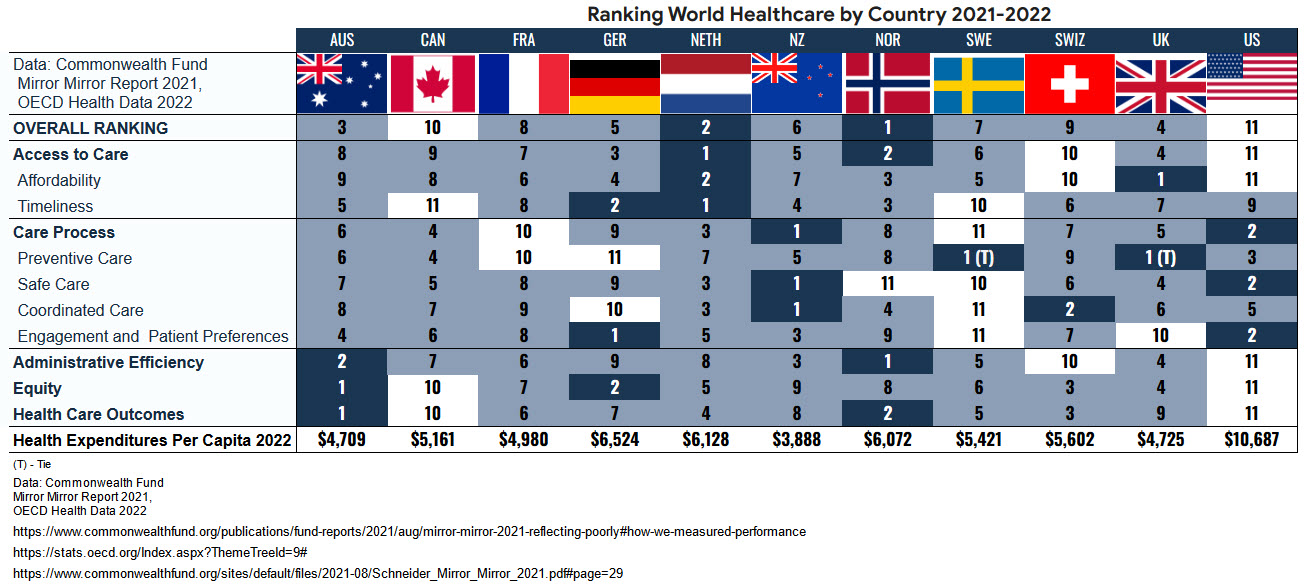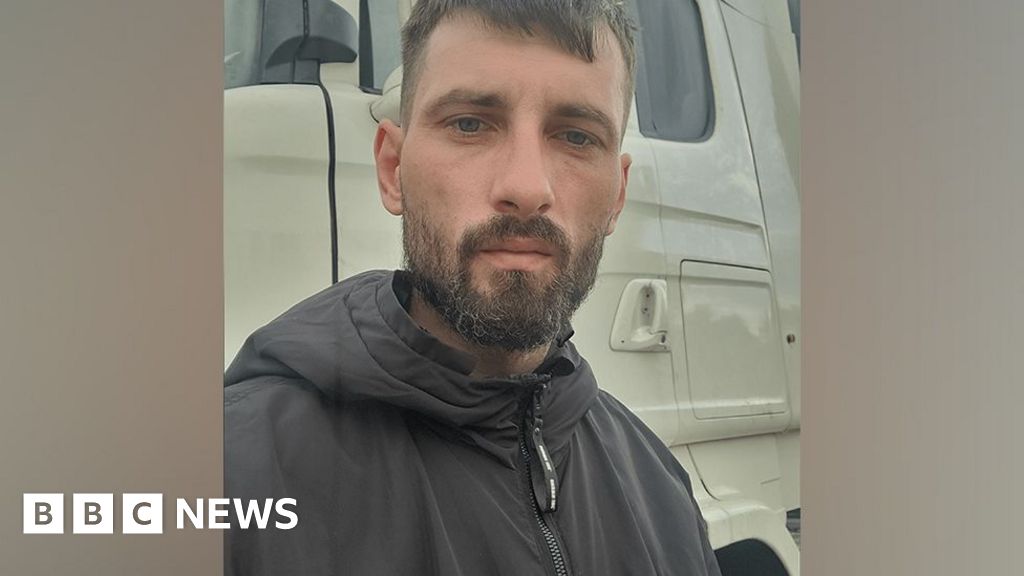British Politics
Been on holiday for a few weeks, surprised to find no general discussion of British politics so though I'd kick one off.
Tory leadership contest is quickly turning into farce. Trump has backed Boris, which should be reason enough for anyone with half a brain to exclude him.
Of the other candidates Rory Stewart looks the best of the outsiders. Surprised to see Cleverly and Javid not further up the betting, but not sure the Tory membership are ready for a brown PM.
https://www.oddschecker.com/politics/bri...
Regarding the LD leadership contest, Jo Swinson is miles ahead of any other candidate (and indeed any of the Tory lot). Should be a shoe in.
Finally, it's Groundhog Day in Labour - the more serious the anti-Semitism claims get, the more Corbyn's cronies write their own obituary by blaming it on outlandish conspiracy theories - this week, it's apparently the Jewish Embassy's fault...
On the homelessness numbers I'm guessing the availability of support plays a fairly large role in the baseline numbers. While the numbers without a home do look bad for the UK, the vast majority of them are in temporary accomodation so do at least have a place to sleep. On the other hand almost 40% of homeless in the US have no accommodation at all and as a result the number actually sleeping rough is more than 70x higher in the US than the UK.
The numbers without a home for the UK (=homeless) do look a lot worse than american numbers, because they are. That was my claim.
As for the actually sleeping rough, you know it's mostly voluntary right? you can't do drugs or drink alcohol in most shelters to start.
the like-for-like is 12,000 rough sleepers in the UK vs 600,000 rough sleepers in the USA
the 300k uk number includes people housed in temp accommodation, which is obviously not a tremendously fantastic state of affairs for those people but is 9999999x better than living outdoors as those 600k USAers are doing
While there can be a variety of ways to judge the quality of a healthcare service, and it's hard to come up with a single number capturing all the variance as well (some systems might be better at something while being worse at something else), i think that using waiting times for specialist visits is a very good proxy of overall quality of the service.
It's often the most complained about part of healthcare as well.
In the USA waiting times are under 30 days for medicaid patients. On average they
You have done the same thing here as the rough sleepers statistics - compared apples with oranges.
In other words, "Physician Appointment Wait Times" are not the same as "waiting time for treatment".
That's excluding the fact that 82.4% of physicians in the 15 major metropolitan markets included in the survey accept Medicare, and only 54.1% of physicians in the 15 metropolitan areas included in the survey accept Medicaid. How do the wait times for these people work out??
In the UK, 100% of patients are accepted for NHS treatment - including migrants and those seeking asylum.
the like-for-like is 12,000 rough sleepers in the UK vs 600,000 rough sleepers in the USA
the 300k uk number includes people housed in temp accommodation, which is obviously not a tremendously fantastic state of affairs for those people but is 9999999x better than living outdoors as those 600k USAers are doing
no, the 650k includes sheltered people as well.
The like for like for homelessness is how many people as a % of the population don't own a house, don't rent one, and aren't given you for free by relatives, friends, or the government.
That's homelessness.
As for the street vs the shelter, in many cases that's a voluntary choice for the street, which you can disagree with, but it's very different from claims that those persons are forced to sleep in the streets.
People can refuse to go to shelters for a variety of reasons including the lack of privacy, curfews (they tend to close after dinner and you have to go out in the morning), the fact you can't drink or do drugs in them, and so on.
You have done the same thing here as the rough sleepers statistics - compared apples with oranges.
In other words, "Physician Appointment Wait Times" are not the same as "waiting time for treatment".
That's excluding the fact that 82.4% of physicians in the 15 major metropolitan markets included in the survey accept Medicare, and only 54.1% of physicians in the 15 metropolitan areas included in the survey accept Medicaid.
In the UK, 100% of patients are accepted for NHS treatment - including migr
You only need one to accept you lol, which you do find, and which causes the slight delay compared to people with wider access yes. Still better than the NHS by miles. 54% accepting medicaid doesn't mean people on medicaid don't find a specialist every time they need one. They do, it just takes a little more time and it's not the best of the best attending them.
How are "physician appointment wait times" not "waiting time for treatment after referral"? treatment means having access to the specialist.
The link you provide is about the claim i disagree with, that being homeless is a choice (it mostly isn't).
I was referring to the very specific dynamic of involuntary homeless people refusing to be sheltered, the link you provide is about a different claim.
Anyway i see that even with a clear cut, uncontroversial number of homeless people in UK of 300k, you are still going with "that's more fair than the USA", and you also deny waiting times in the NHS are horrible , and far worse than waiting times in the USA, even when provided with data.
No need to go further i suppose, even in front oj objecive proof that the UK is worse for homelessness, and worse for healthcare of the poors, you want to believe the country you live in treats poors better than the USA, you can't accept higher inequality can still allow the poors to live better lives in absolute terms.

This looks quite good and is dynamic enough to reflect different aspects of care.
We're nothing really to shout about, but both the UK and the US have good things to point to.
Clearly we both suck compared to other countries- and- the Ozzie model which I've always anecdotally preferred seems rocking
How are "physician appointment wait times" not "waiting time for treatment after referral"? treatment means having access to the specialist.
The former reads like the time between seeing a general practitioner and getting your first consultation with a specialist, and the later sounds like the time between a GP referral and getting your operation.
For most of us who are on this forum our quality of life is probably influenced a lot more by our own choices and support networks than the overall quality of life UK vs US
Trying to find how they measure "timeliness" in this "mirror mirror" report , they cite surverys and reports about that but i can't find them.
I strongly doubt any reasonable assessment of "timeliness" would put the USA anything but absolutely first, given all measures of waiting times are lower (and for ER, exceptionally lower).
So i am not sure what they are measuring there (can't check the actual questions) but it isn't timeliness in the way we usually mean it.
All this besides, the claim was about coverage of the poors not overall. The claim was one of "more fairness" of the UK system vs the USA system. Poors being cared for better in absolute terms.
That middle class citizens earning 20k more have to spend 5k more for healthcare (affordability) doesn't matter in the slightest when discussing the poors does it? and btw it wouldn't make it less affordable in any actual sense.
It would be akin to say that mcdonald is much more affordable in india than in switzerland, just looking at menu price, without taking local wages in consideration. No one in good faith would do that, right?
The numbers without a home for the UK (=homeless) do look a lot worse than american numbers, because they are. That was my claim.
As for the actually sleeping rough, you know it's mostly voluntary right? you can't do drugs or drink alcohol in most shelters to start.
Your own link points out that there are more than 200,000 fewer beds available than there are homeless people in the US.
The largest shortage is in the number of available shelter beds for individuals. In 2022 there was a shortage of 187,988 beds. In 2023, this shortage increased by 30,130 beds. There are now 218,118 too few beds for individuals experiencing homelessness.
There might be a small number of people who voluntarily choose not to go to a shelter but it's absurd to claim that it's "mostly voluntary".
According to the links you provided there are a little over 3,000 rough sleepers in the UK and over 250,000 in the US.
The former reads like the time between seeing a general practitioner and getting your first consultation with a specialist, and the later sounds like the time between a GP referral and getting your operation.
Overall data for the UK seems elusive but if you check by specialty it's actually about just getting the specialist to see you (and treat you in the actual sense, if necessary).
For example
It's 43 weeks to get a dermatologist to see you
A random check on NHS hospitals across England brought an average figure of 43 weeks, for a dermatology appointment and commencing treatment. The NHS Constitution states that for routine conditions, treatment should commence within 18 weeks.
https://www.skincarenetwork.co.uk/dermat....
It's 8 weeks to see an optometrist
More than 1 million people were referred to an eye specialist from January to June 2023, and the average waiting time in England for a first outpatient ophthalmology appointment is 8.1 weeks.
It's 3 weeks for a diagnostic test (!!!)
Trying to find how they measure "timeliness" in this "mirror mirror" report , they cite surverys and reports about that but i can't find them.
I strongly doubt any reasonable assessment of "timeliness" would put the USA anything but absolutely first, given all measures of waiting times are lower (and for ER, exceptionally lower).
So i am not sure what they are measuring there (can't check the actual questions) but it isn't timeliness in the way we usually mean it.
All this besides, the claim was ab
It comes from this group
I disagree with your premise that waiting times is the appropriate corollary for fairness.
That our healthcare is free for all at point of access I trust in. That numerous Americans have no coverage is a fact
Both of our outcomes overall suck compared with numerous other countries with better models
For most of us who are on this forum our quality of life is probably influenced a lot more by our own choices and support networks than the overall quality of life UK vs US
yes sure, but the claim was about how the poors live in those 2 countries, with a strong claim by elrazor about the idea (which imho is false, a myth) that the poors in the USA have it a lot worse than in the UK.
It comes from this group
I disagree with your premise that waiting times is the appropriate corollary for fairness.
That our healthcare is free for all at point of access I trust in. That numerous Americans have no coverage is a fact
Both of our outcomes overall suck compared with numerous other countries with better models
Americans don't have coverage only if they don't want to. The myth you guys have in mind was the pre-obamacare situation. You get medicaid for the actually poor , and subsidizes to get private insurance if not covered by your employer until more than 200% of the poverty line.
Ofc unless really poor it still costs something to you to insure, so some people forgo that to have more spending money (not out of necessity: as a choice). Think the 27y old poker player or whatever. Using that as a puported societal failure is weird.
This looks quite good and is dynamic enough to reflect different aspects of care.
We're nothing really to shout about, but both the UK and the US have good things to point to.
Clearly we both suck compared to other countries- and- the Ozzie model which I've always anecdotally preferred seems rocking
Thanks for sharing this. Yes, there is nuance here which is not captured in the overall score, but it does support the general principle of equal treatment for all which is, in my view, fundamental for any society.
Trying to find how they measure "timeliness" in this "mirror mirror" report , they cite surverys and reports about that but i can't find them.
I strongly doubt any reasonable assessment of "timeliness" would put the USA anything but absolutely first, given all measures of waiting times are lower (and for ER, exceptionally lower).
So i am not sure what they are measuring there (can't check the actual questions) but it isn't timeliness in the way we usually mean it.
Not sure if you found this but I'm guessing not because it does include the specific criteria:
https://www.commonwealthfund.org/sites/d...
Basically timeliness critera seem to be focused on primary care access rather than ER/referals following initial appointments. The affordability results give a good idea of the pain points even with everyone theoretically having access to insurance.
Not sure if you found this but I'm guessing not because it does include the specific criteria:
https://www.commonwealthfund.org/sites/d...
Basically timeliness critera seem to be focused on primary care access rather than ER/referals following initial appointments. The affordability results give a good idea of the pain points even with everyone theoretically having access to insurance.
How is normal people paying more than 1k out of pocket an affordability problem at all if wages are more than 1k per year higher ???? that's the mcdonald example.
If the poors are excluded from that (and they are in the USA), that a 70k/year person structurally has to pay 2k more per year than his counterpart elsewhere earning 52k or 49k or 33k is an affordability issue? the ****? they tax you far less and you have to pay a bit more for healthcare with a part of the extra money you keep from higher wages and lower taxes, if you haver nothing you get covered anyway, and that's an affordability problem? really?
as for timeliness i see that if you get to do Xrays to check for a condition faster than anyone else, or if you wait less to get actual doctors see you, it counts for nothing, not exactly what normal people would call a ranking of timeliness i hope you agree.
Well there are ~1.5million people in the US below the poverty line who don't qualify for medicaid because their state hasn't enacted the expansions in the ACA (and about the same again who are just above the poverty line who currently qualify for subsidies but would become eligible for medicaid) so that's a significant number for whom a 1k bill could be a serious issue.
And you're cherry picking a single question for the 1k thing (and also it's any bill >1k, which could be 10s of thousands of dollars in some cases). At least half of the 40% of people who had a bill of >1k didn't have a serious problem paying but half of the number who had a bill of that size did have serious problems paying the bill. For comparison Switzerland had more than 50% of respondents have a bill >1k but less than 10% had a serious problem paying their bills. That is what a working insurance based system should look like (I still don't think it's the best system but it's a hell of a lot better than the US system).
As for timeliness yeah I do agree that it's a very limited view on what timeliness means within the healthcare system. That said it's not like the shorter secondary care waits are resulting in better overall care given that US outcomes are also much worse than the other countries in the study.
Americans don't have coverage only if they don't want to. The myth you guys have in mind was the pre-obamacare situation. You get medicaid for the actually poor , and subsidizes to get private insurance if not covered by your employer until more than 200% of the poverty line.
Ofc unless really poor it still costs something to you to insure, so some people forgo that to have more spending money (not out of necessity: as a choice). Think the 27y old poker player or whatever. Using that as a puporte
Just having "insurance" doesn't mean you're even adequately covered. I believe that most bankruptcies in the US are related to healthcare costs, and most of those people had insurance at the time. I have no idea how this compares to other countries, but I'd like to point out that the metric of "being covered" can be misleading.
Thank goodness Abdullah was there. Hero.
Videos of the attacker's arrest online. Youngish white guy.
DEPORT THE YOUNG WHITE GUYS NOW!
Good to see Abdullah and others step in and stop another madman from butchering a little girl.
Ioan Pintaru, a Romanian national with no fixed address, is also charged with possession of a bladed article.
The prosecutor told the court that Mr Pintaru allegedly placed the girl into a headlock and stabbed her eight times. She was taken to hospital with serious injuries.




